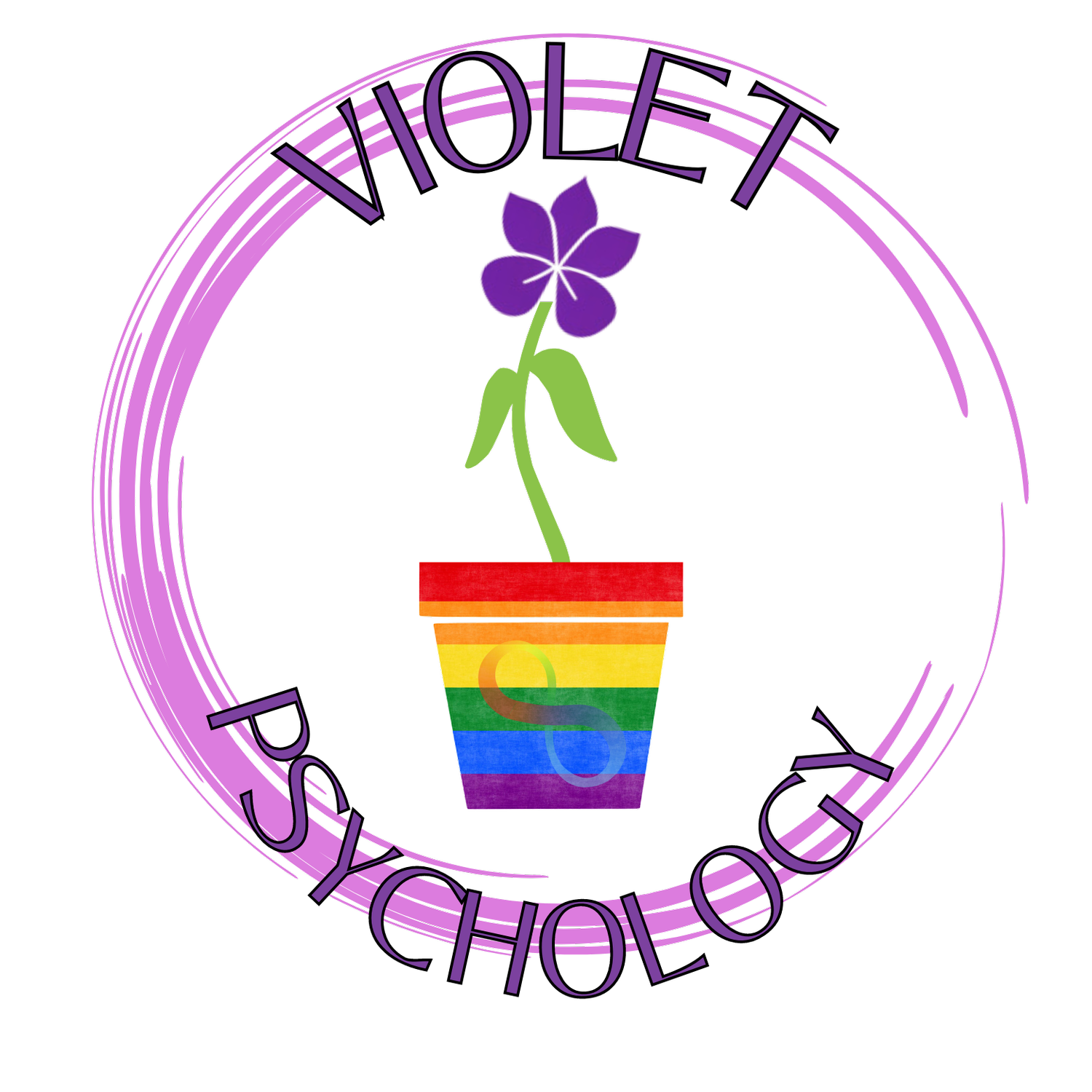Neurodiversity awareness week: My story.
I have always known that I was different, that there was something different about me that I couldn’t understand. I have felt like an outsider observing a different species through the window for most of my life, trying to make sense of and understanding their behaviours. No wonder I decided to study Psychology (when I discovered there was a formal training to understand human behaviour I was like…yes, please).
Being late-diagnosed often means carrying a history of trauma and bullying, and my experience wasn’t any different. Some of my earliest memories involve being bullied for most of my childhood, labeled ‘weird’ or ‘different,’ unable to connect with peers, struggling to speak verbally and feeling invisible. Some teachers noticed, but the support I needed never came. Instead, I was left to navigate a world that never quite made sense to me, to the point that I used to describe making friends as ‘magic’, because I felt like no matter how much attention I tried to pay to how it happened, I always missed a step. It was something that happened naturally for others but remained an unsolvable puzzle for me. I felt like everyone else in the world had been given instructions but somebody forgot to give them to me.
When I was eight, I went to the doctor, desperate to understand why my thoughts repeated in my head in loops I couldn’t stop. I now know this was echolalia, but back then, I was dismissed and told that I had no reason to worry about things because I was only 8 and life should be easy. But it wasn’t.I remember wishing from that moment and later through my life that someone could step into my body, even for just a day, to experience how overwhelming everything was…things that seemed effortless for others, making friends, being able to ask a teacher things when you need to, following instructions, going to a supermarket, holding down a job, or even just making small talk. I often felt like I was 10 years behind what my peers were doing.
One of the many challenges I faced as a child that I couldn't communicate was something as simple as asking to go to the toilet. I couldn't find the words. I couldn’t ask for what I needed, and no one understood the issue. If you can imagine needing something urgently but being trapped by your own inability to ask for it—that was my daily experience.
School milestones that should have been moments of celebration—graduations, parties, friendships—were things I missed out on. By the time I had spent years learning how to ‘become human’ through masking, in my 20s, my energy ran out. My masked dropped. The friendships I had worked so hard to maintain slipped away, and I never understood why—until now. The exhaustion of constantly pretending to fit in took its toll. Shutting down, becoming non-verbal, and being unable to explain why was a recurring cycle. People assumed I didn’t care, that I was cold, difficult, or uncooperative. In reality, I was trying so hard.
Sensory challenges were a daily battle, though I didn’t recognize them as such at the time. I struggled to eat for most of my childhood, leading to hospitalization at one point. Background noise made conversations impossible to follow, leaving me physically present but emotionally isolated. Last-minute plan changes caused anxiety and meltdowns, which others misinterpreted as me being controlling or inflexible, that was not the case.
For years, I carried labels given to me by others: difficult, cold, distant, selfish. But realizing I was autistic wasn’t about being ‘broken’; it was about finally understanding that I wasn’t. It was the confirmation I had been searching for, the validation that I wasn’t just imagining my struggles. It was liberating.
